The colors of nostalgia
Updated: 2016-09-07 08:18
By Mei Jia(China Daily)
|
||||||||
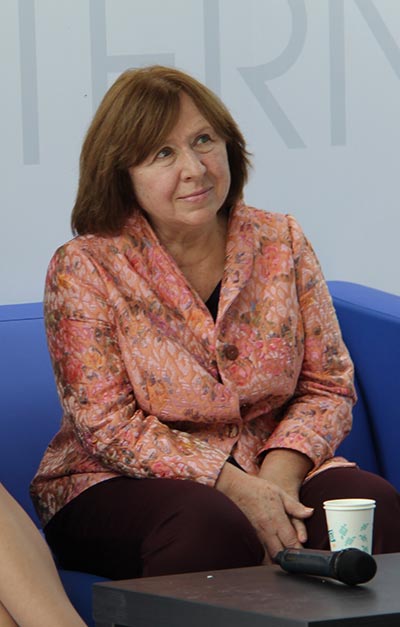 |
|
Svetlana Alexievich. [Photo provided to China Daily] |
"What do you personally think of my books?" The 2015 Nobel laureate in literature asks China Daily during her visit to Beijing. Her tone is soft and without any hint of aggression.
"I would really like to know more about Chinese readers' response to my works. In the West, they just can't understand. I suppose Chinese readers may have different observations," Alexievich says.
Jiang Xi, the Russian-Chinese interpreter who traveled with her on her China tour, says that Alexievich seems to have a pair of X-ray eyes. "She didn't talk much, but she can look through you after a brief exchange with you."
You write about secondhand time in the former Soviet Union. Will people there keep feeling they're living in "secondhand time"?
No one would like to return to the old era. They just want to live peacefully and what they care about are holiday tours to Europe and luxurious cars.
When you write nostalgically about the Stalin era, are you just reminiscing about the past or are you indicating your dissatisfaction with the present?
It's difficult to say because different people have different views about that.
What I do is offer another perspective into the history, a polyphonic angle. I never talk directly about the past eras. I just tell stories of people who lived then and there. Stories that are powerful enough to break the stereotypes and rigid views.
Among my interviewees, 90 percent say if they could choose they would like to live in a great country than a mediocre one. Elderly people have their own memories about the former Soviet Union and younger people learn about that from the older generation. And our textbooks are still from the Soviet Union.
How do you manage so much material you collect from hundreds of interviews, and how do you use them in your writing?
I've been interviewing and writing for 40 years. I know every house and who lives in it and I know about their life.
What I have been doing is really a big project. If you have a chance to get into my office, you'll see how it is piled and stuffed with material.
For each one of those stories you read in my books, I interviewed a person at least three times.
What I collect gradually became systematic in my mind and I feel I can build temples and churches out of them like architects do.
During my interviews, I notice women look at the past with sharply unique angles and they tell stories with different tones, with more details included. So I began to write about women's reactions to wars and history.
You left Minsk for Western Europe in 2000 and moved back in 2011. Why did you decide to return?
I'm based in Minsk now. It was disasterlike days when I was living overseas. I needed translators to accompany me.
I never thought of living outside for too long because I can't write a lot when abroad, because I could only do interviews online.
One surprise is that, when I returned, I didn't find my city had changed too much.
How do you think about China after this visit?
I actually was here some 20 years ago. It has changed dramatically, especially Shanghai. People here are living another kind of life. Their dress and food are finely made. I wish more Western people will come and see this.
Related:
- Xi tells Park China opposes deployment of THAAD in ROK
- Singapore confirms 27 new cases of Zika infection
- Russia, Britain agree to mend ties
- EU can't leave entire migration issue to mediterranean countries: official
- Rousseff appeals impeachment to Supreme Court
- Europeans displeased with their education systems
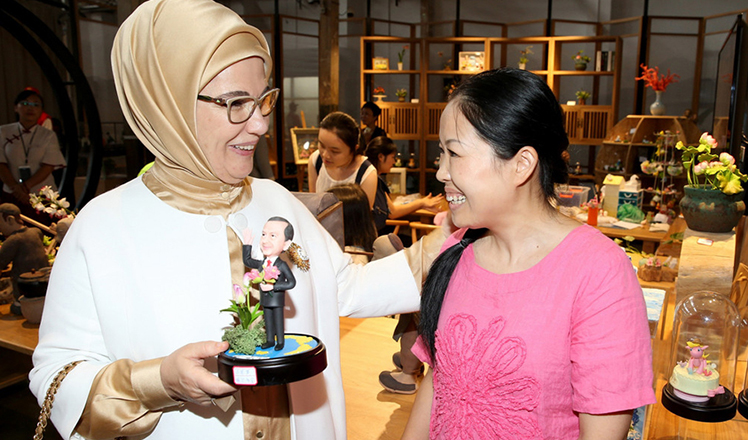
 First Ladies shopping in Hangzhou
First Ladies shopping in Hangzhou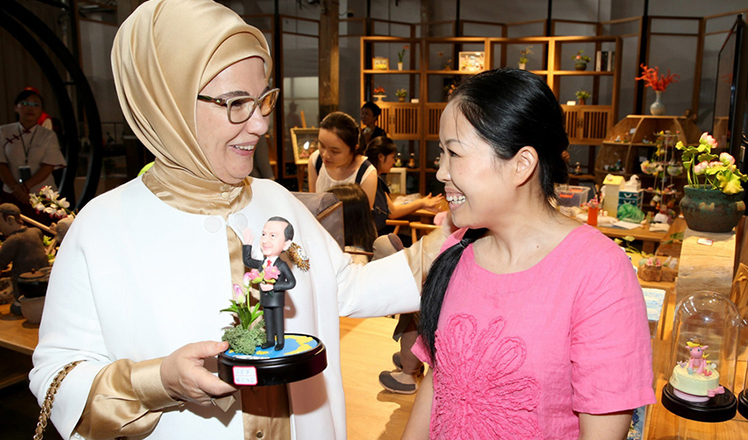
 Flower children greet world leaders in Hangzhou
Flower children greet world leaders in Hangzhou
 World's largest transparent-domed bar under construction
World's largest transparent-domed bar under construction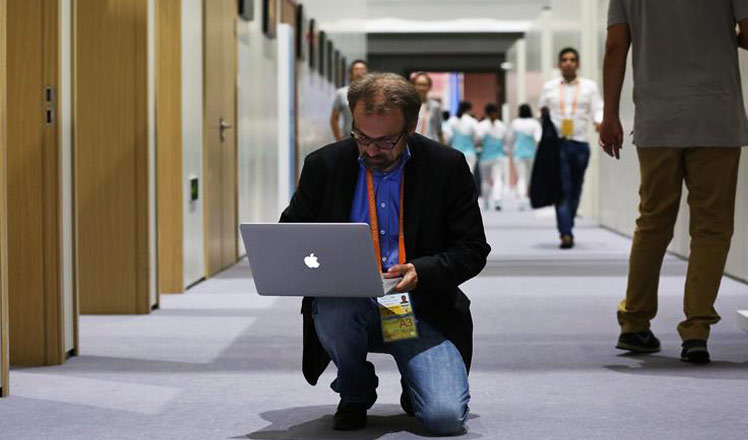
 In pics: Journalists cover G20 Summit in Hangzhou
In pics: Journalists cover G20 Summit in Hangzhou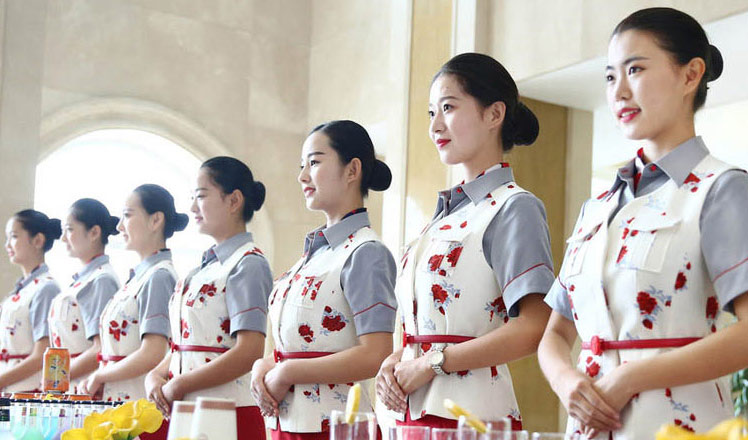
 Air attendant 'incubator' welcomes freshmen
Air attendant 'incubator' welcomes freshmen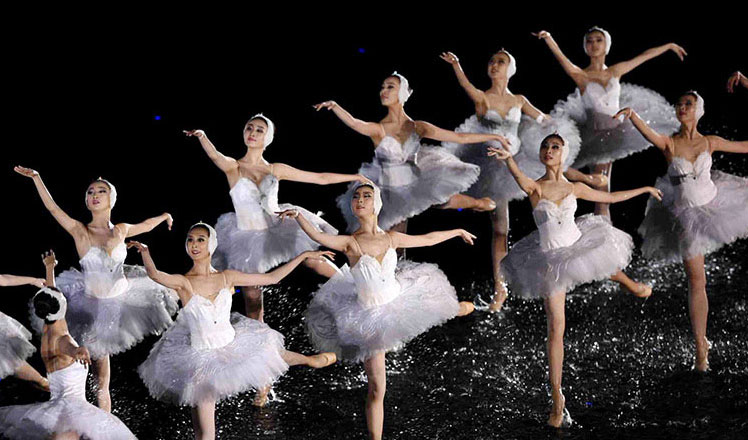
 Evening gala for G20 summit held in Hangzhou
Evening gala for G20 summit held in Hangzhou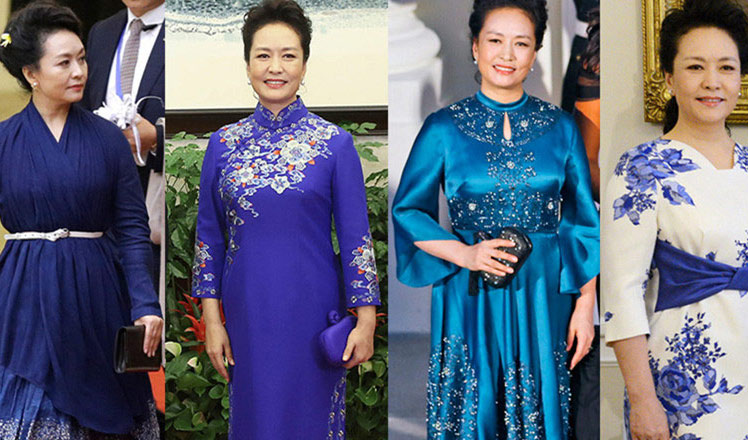
 First Lady fashion: Rhapsodies in blue
First Lady fashion: Rhapsodies in blue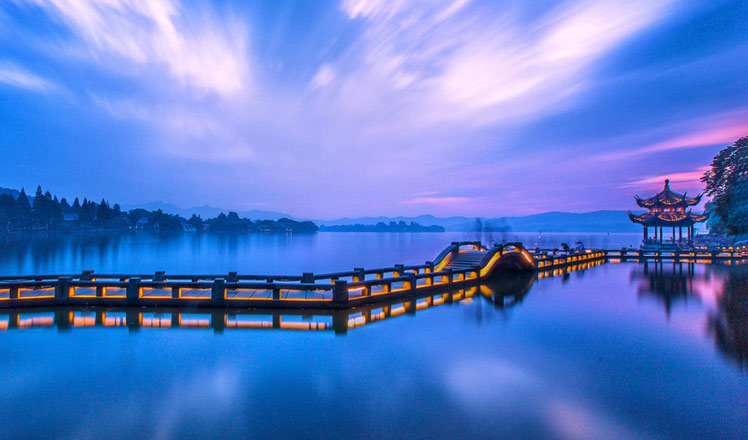
 Hangzhou: A city of bridges in East China
Hangzhou: A city of bridges in East China
Most Viewed
Editor's Picks

|

|

|

|

|

|
Today's Top News
Trump outlines anti-terror plan, proposing extreme vetting for immigrants
Phelps puts spotlight on cupping
US launches airstrikes against IS targets in Libya's Sirte
Ministry slams US-Korean THAAD deployment
Two police officers shot at protest in Dallas
Abe's blame game reveals his policies failing to get results
Ending wildlife trafficking must be policy priority in Asia
Effects of supply-side reform take time to be seen
US Weekly

|

|








